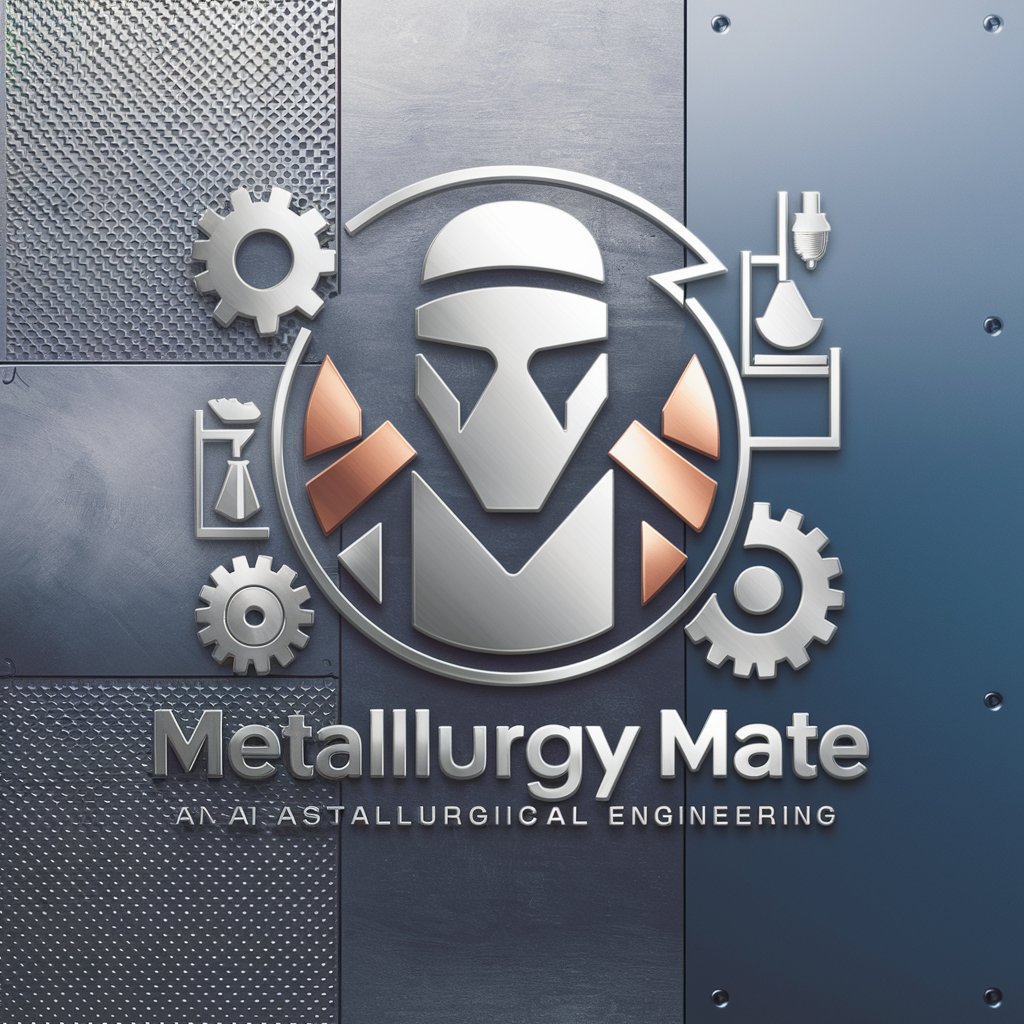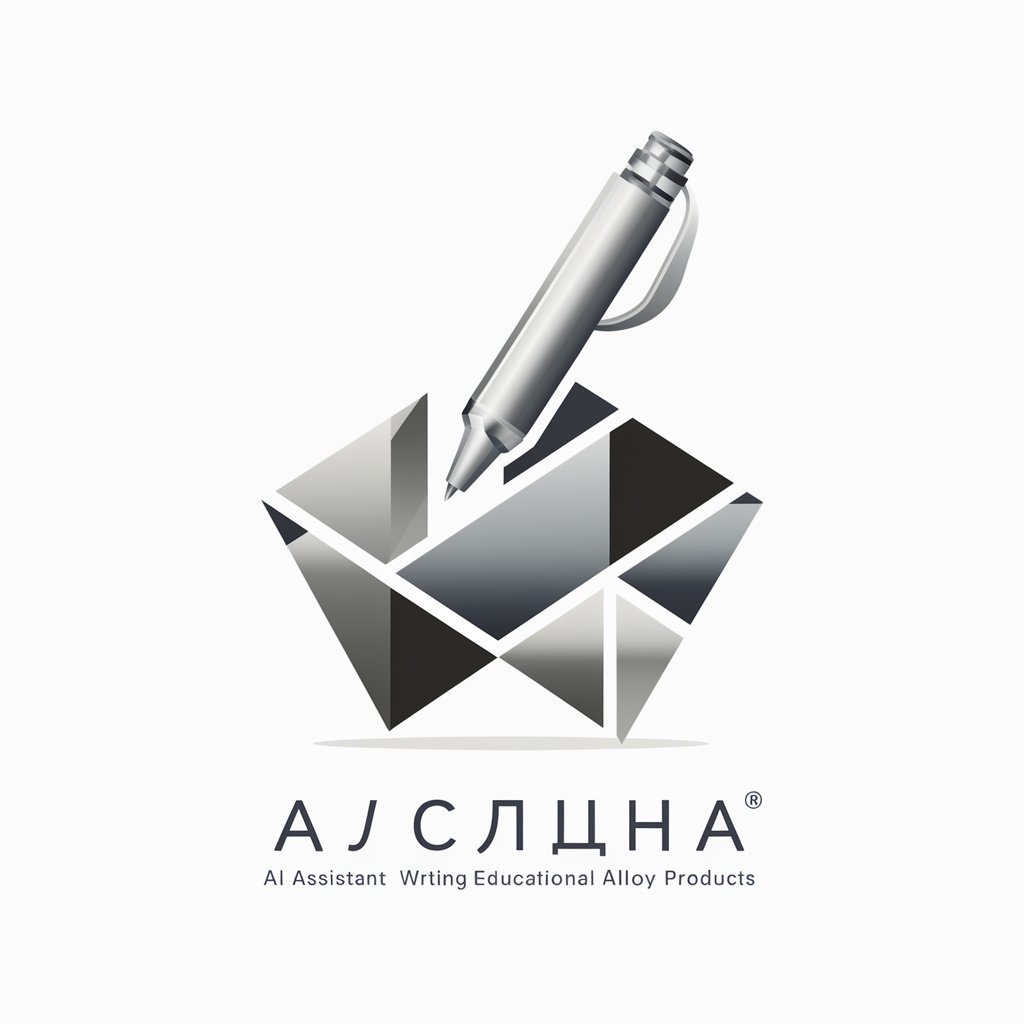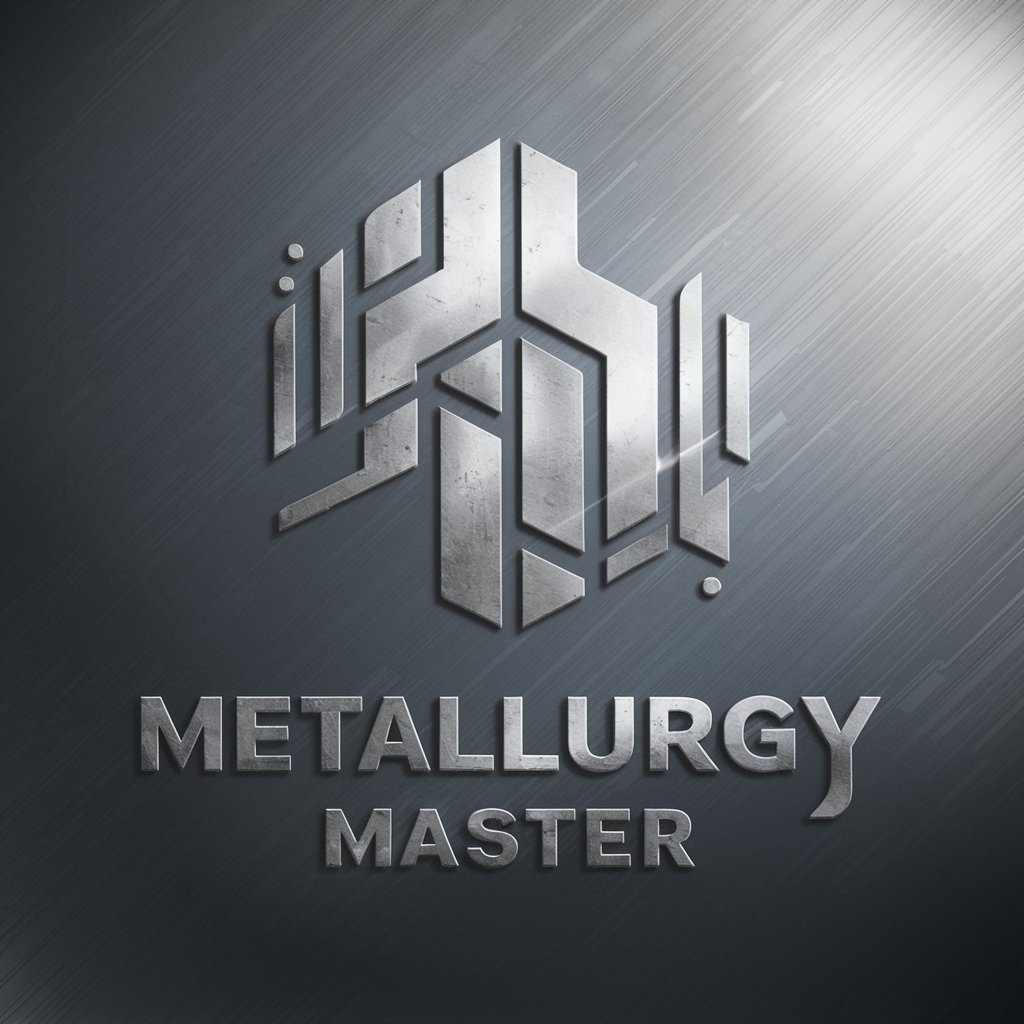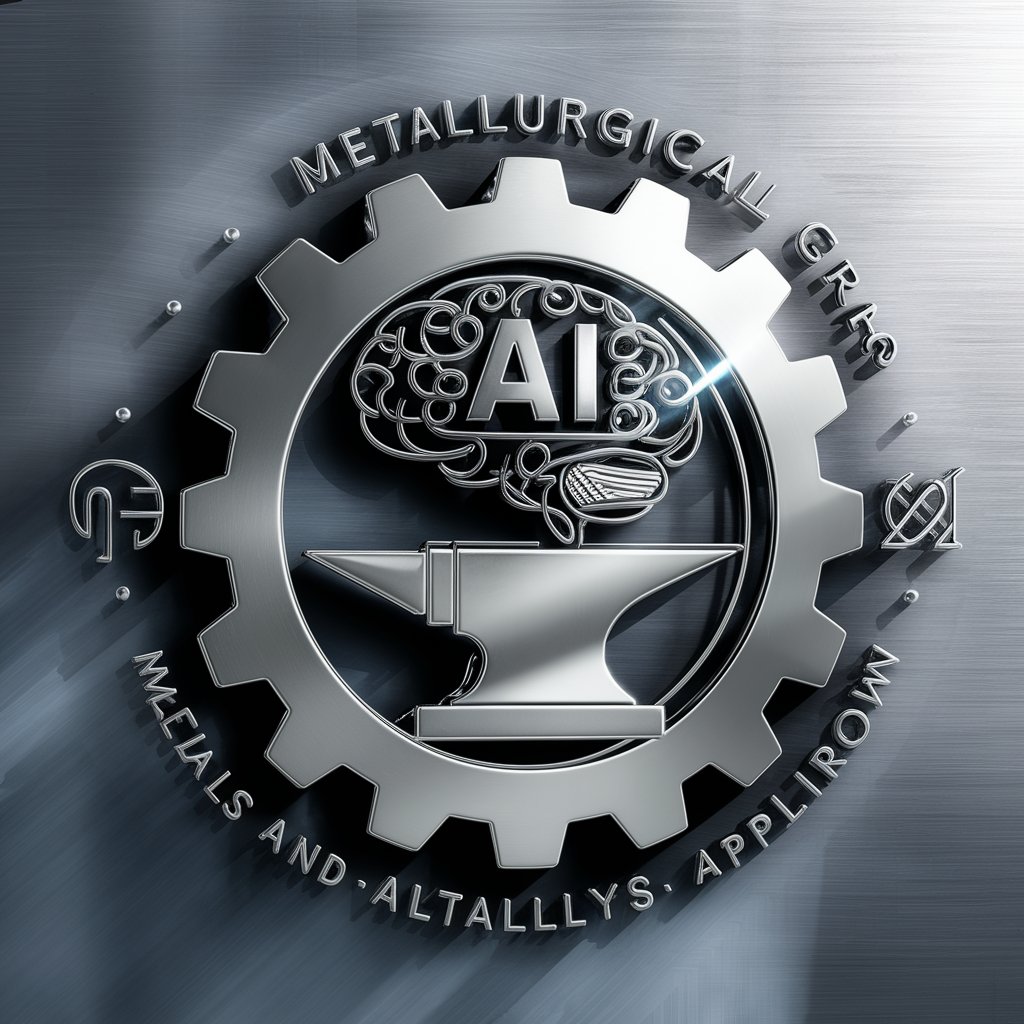
Non-Ferrous and Alloys Oracle - Expertise on Non-Ferrous Metals

Welcome to Non-Ferrous and Alloys Oracle, your expert in non-ferrous metals and alloys!
Empowering metallurgy with AI insights
How is beryllium used in aerospace alloys?
What are the properties of brass alloys?
Latest techniques in recycling aluminum alloys
Health implications of lead in alloys
Get Embed Code
Overview of Non-Ferrous and Alloys Oracle
Non-Ferrous and Alloys Oracle is designed as a specialized digital assistant dedicated to the domain of non-ferrous metals and their alloys. It serves as a comprehensive resource for information on the properties, applications, production techniques, recycling efforts, and environmental impacts associated with these materials. The oracle is equipped with a deep understanding of metallurgy, materials science, and engineering principles, enabling it to provide detailed insights into the physical and chemical characteristics of non-ferrous metals like aluminum, copper, zinc, and nickel, among others. It's adept at navigating through complex queries to offer precise information, whether it's about the latest innovations in alloy development, the nuances of metallurgical processes, or the sustainability practices within the industry. Examples of its utility include guiding engineers in selecting the right material for a specific application, offering data on the recyclability of various alloys, or explaining the health and safety standards relevant to handling and processing these materials. Powered by ChatGPT-4o。

Core Functions and Real-World Applications
Material Selection Guidance
Example
Assisting in choosing the appropriate aluminum alloy for aircraft skin based on specific strength, corrosion resistance, and manufacturability requirements.
Scenario
An aerospace engineer is tasked with selecting a material for a new aircraft design. The Oracle provides detailed comparisons of various aluminum alloys, emphasizing factors like weight reduction and durability, aiding in an informed selection process.
Production Process Insights
Example
Explaining the intricacies of copper smelting and refining processes, including the environmental considerations of each step.
Scenario
A process engineer at a copper refinery seeks to optimize the smelting process for better efficiency and lower emissions. The Oracle outlines the best practices in current industry standards, including advancements in electrolytic refining techniques.
Recycling and Sustainability Strategies
Example
Detailing the benefits and methods of recycling aluminum, including the energy savings and environmental impact reduction.
Scenario
A sustainability officer aims to improve the recycling rate of aluminum products in their company. The Oracle offers insights into effective collection, sorting, and remelting practices, highlighting the significant energy savings achieved through recycling.
Target User Groups
Materials Engineers and Scientists
Professionals involved in the development, testing, and application of non-ferrous metals and alloys. They benefit from the Oracle's detailed insights into material properties, helping in the design of new materials and improvement of existing ones.
Process and Manufacturing Engineers
Individuals focused on the production and refinement of non-ferrous metals. The Oracle assists in optimizing manufacturing processes, enhancing efficiency, and ensuring compliance with environmental and safety standards.
Sustainability and Environmental Managers
Those responsible for implementing sustainable practices within their organizations. The Oracle provides valuable information on recycling processes, lifecycle assessments, and strategies to minimize environmental impacts of metal production and usage.

How to Use Non-Ferrous and Alloys Oracle
1
Access a trial without login at yeschat.ai, no ChatGPT Plus required.
2
Prepare your questions or data related to non-ferrous metals and their alloys, including but not limited to properties, applications, and environmental impacts.
3
Utilize the chat interface to input your query. Be specific about the information you seek, whether it's related to metallurgy, material science, or engineering aspects.
4
Review the provided information carefully. For complex queries, consider breaking them down into smaller, more detailed questions for clarity.
5
For continuous learning, regularly use the tool and provide feedback if available, to help improve the accuracy and relevance of responses over time.
Try other advanced and practical GPTs
FinanceGPT
Empowering Financial Decisions with AI

FOREIGN LAWYER? PASS THE CALIFORNIA BAR.
Ace the Bar: AI-Powered Legal Mastery
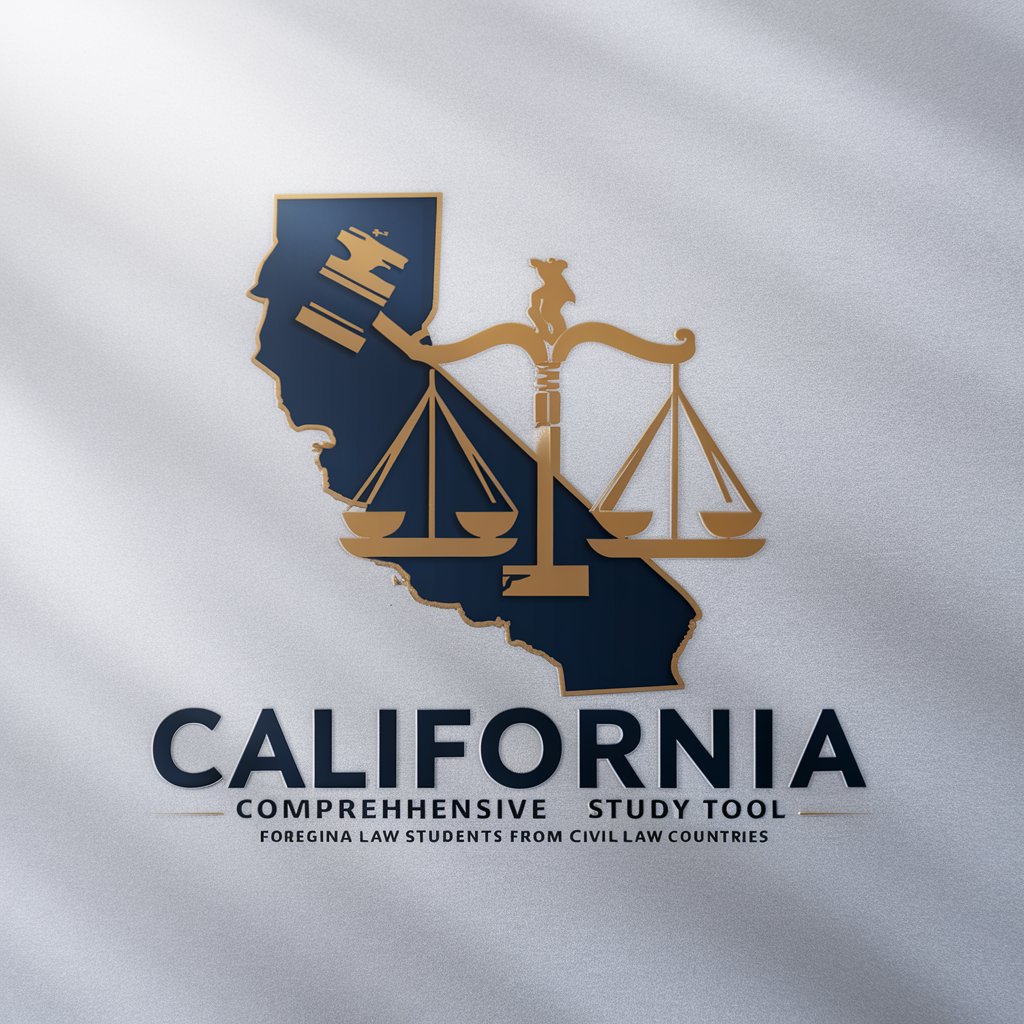
French Conjugation
Master French Verbs with AI

G.O.A.T. Golf Instruction
Elevate Your Game with AI-Powered Golf Instruction

Academia de la Botánica
Empowering Your Botanical Journey with AI

Fractal-GPT
Empowering Musicians with AI-Driven Fractal Expertise
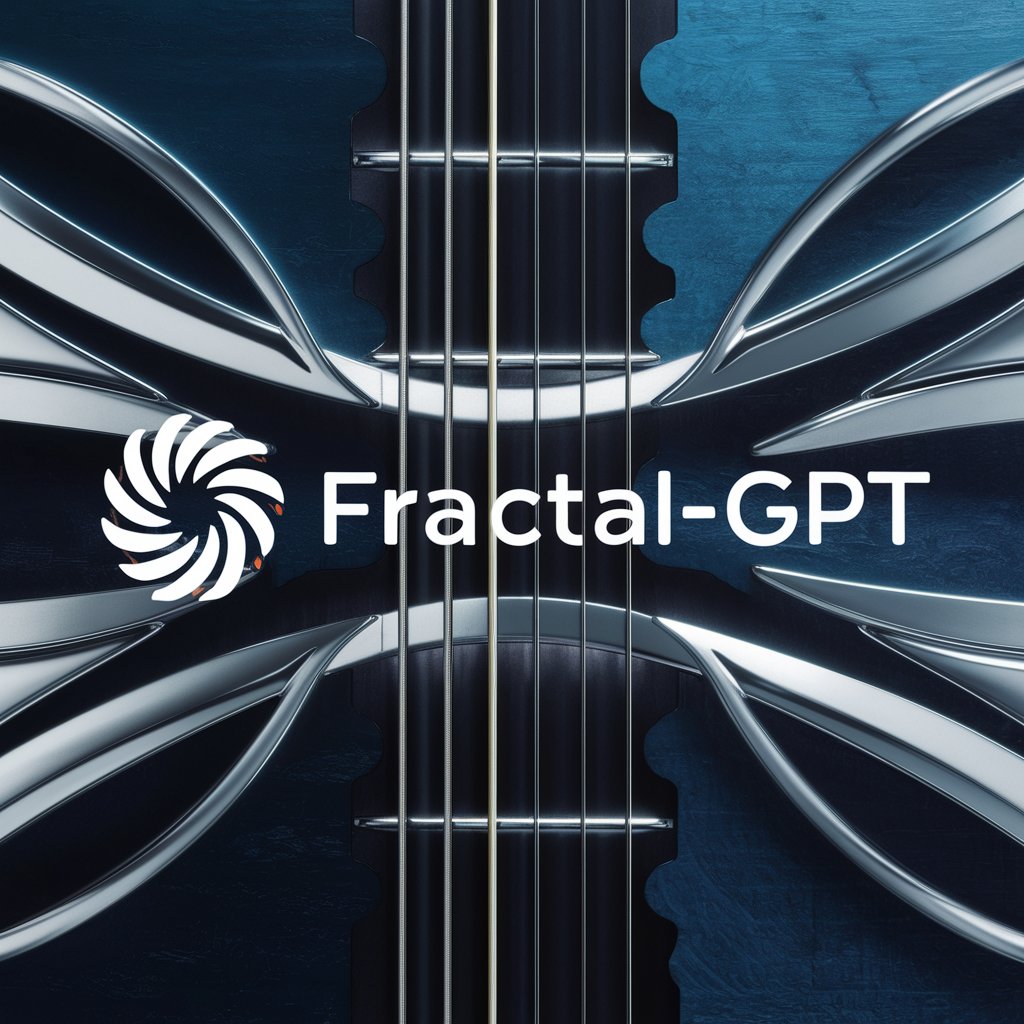
Oswestry Risk Index Assistant
AI-powered spine risk assessment tool
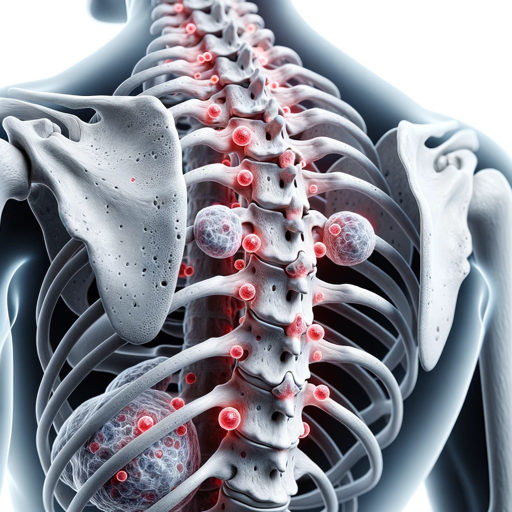
Mechanics Teaching Specialist
Empowering Mechanics Learning with AI

FitPal
Empower Your Fitness Journey with AI

Medienfachfabrik | Haarpflege 💇♀️💇♂️
Empowering Your Hair Care Journey with AI
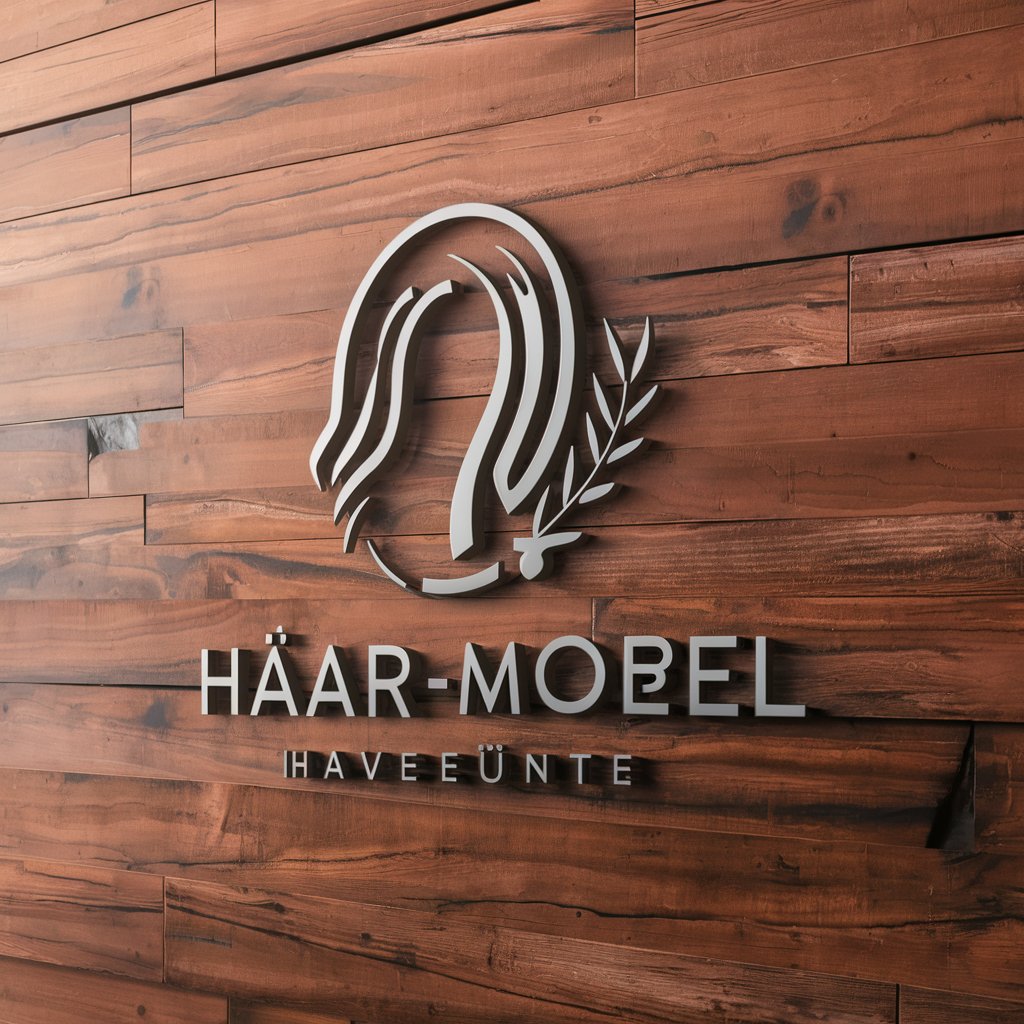
Piano Composer
Compose, transcribe, and enhance your piano music with AI.

DiosTikToker 🕺
Elevate Your TikTok Game with AI-Powered Creativity
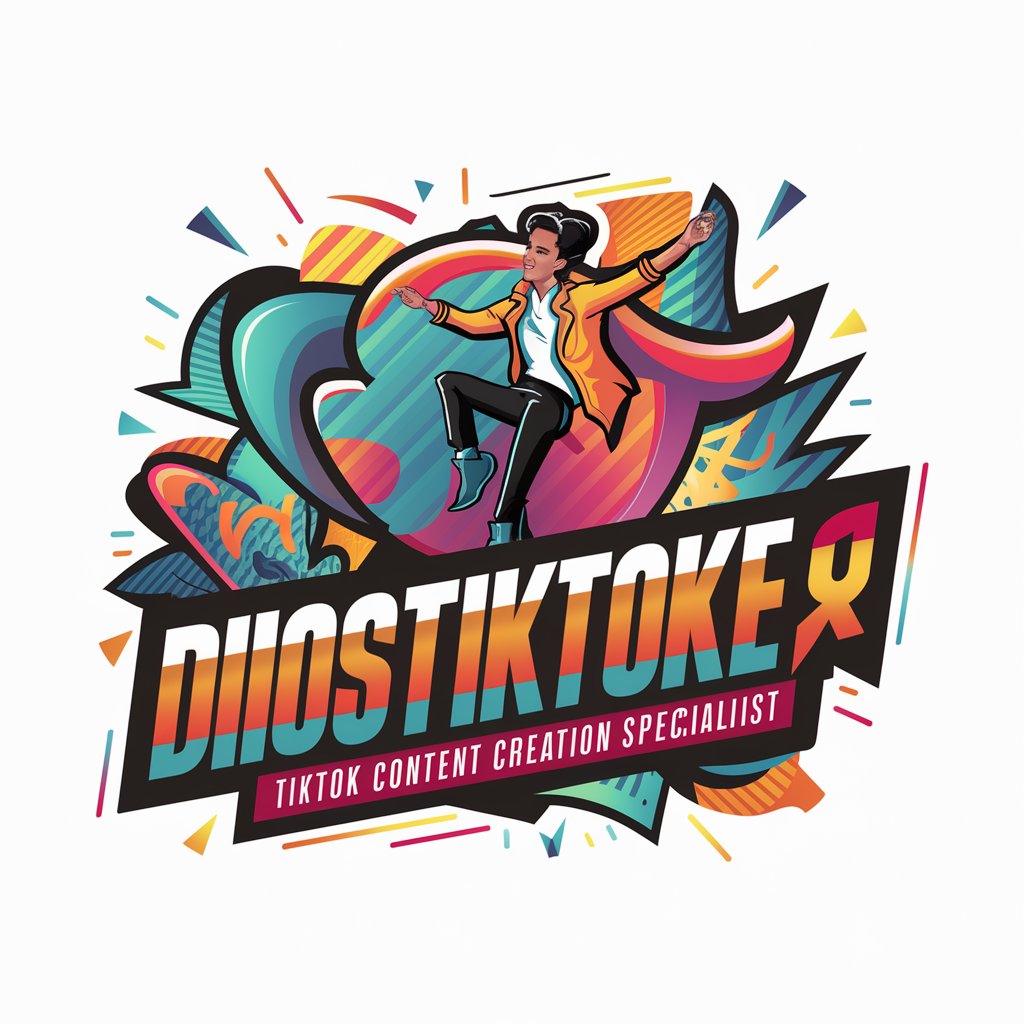
Detailed Q&A About Non-Ferrous and Alloys Oracle
What types of non-ferrous metals does the Oracle cover?
The Oracle encompasses a wide range of non-ferrous metals, including aluminum, copper, nickel, titanium, and zinc, among others. It provides detailed insights into their properties, processing techniques, applications, and recycling processes.
Can it assist with academic research on material science?
Absolutely. The Oracle is an invaluable resource for academic research, offering detailed data on the physical and chemical properties of non-ferrous metals, their alloys, and insights into innovative materials engineering and metallurgy concepts.
How does the Oracle address environmental concerns?
It offers comprehensive information on the environmental impacts of extracting and processing non-ferrous metals, including energy consumption, emissions, and recycling initiatives, aiding in the development of sustainable practices.
Is the Oracle capable of helping with industry-specific queries?
Yes, it can provide industry-specific insights, including application-specific properties, performance under various conditions, and compliance with relevant standards and regulations for sectors such as aerospace, automotive, and electronics.
Does the Oracle stay updated with the latest advancements?
The Oracle continuously integrates the latest research, industry trends, and technological advancements in non-ferrous metals and their alloys, ensuring that the information it provides is both current and relevant.
